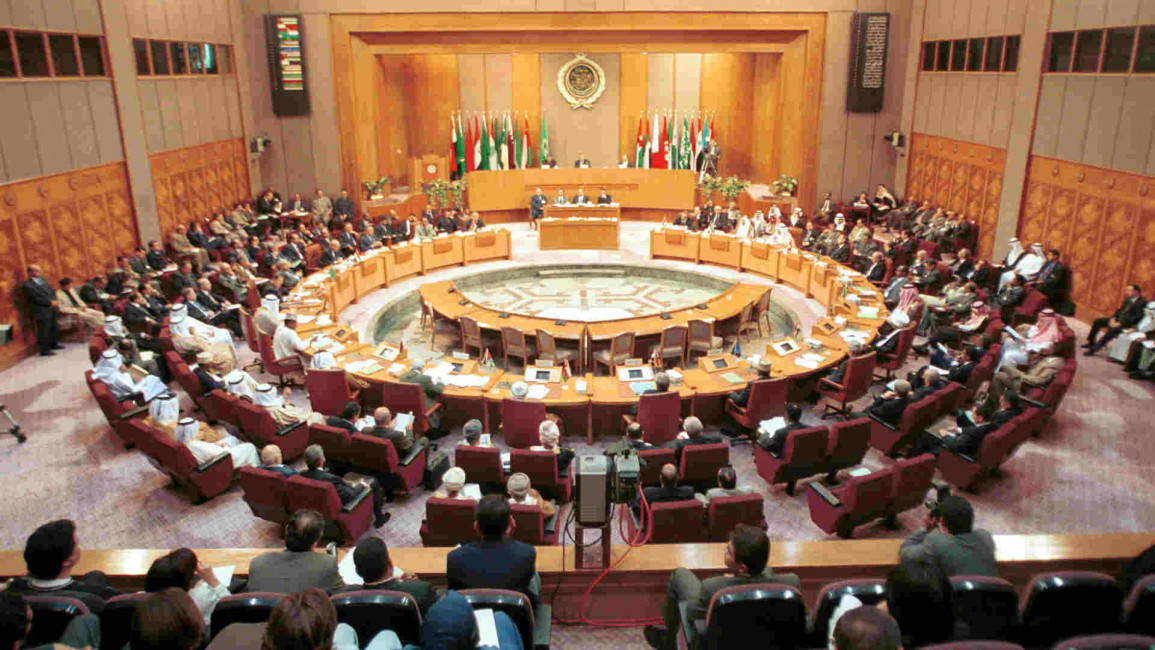Sisi's 'rubber-stamp parliament' urges Arab League to forgive Assad
Egypt's parliament has urged Arab countries to allow Syria to take back its seat at the Arab League in a move likely to further anger Saudi Arabia and Gulf Arab allies.
The Committee on Arab Affairs said on Monday that the ongoing absence of Syria, which was booted from the bloc in 2011, had become "unacceptable", Egyptian state media reported.
"Syria's total lack of a role in the Arab League… and its continued vacant seat is no longer acceptable," the parliamentary committee said in a statement.
It added that Egypt and Syria have shared "mutual struggles" and a "strategic relationship" throughout history, allowing Cairo to have a positive influence in the ongoing civil war.
Egyptian parliamentarian Sameh Habib told Syrian state media that the Syrian regime was battling terrorist groups such as the Islamic State group and al-Qaeda and stressed the need to maintain the country's unity and sovereignty.
Arab League suspended Syria's membership in late 2011 after demonstrations were met with brutal repression by the regime of Bashar al-Assad.
The statement from parliament, which critics say lacks independence from the presidency, is the latest sign of support for the Assad regime from Cairo.
 |
Over the past two weeks, Egyptian officials and media visited the worn torn country, sparking further rumours about a potential reconciliation between Cairo and Damascus. |  |
Since Egyptian President Abdel Fattah al-Sisi expressed support for the Syrian military during an interview last November, local and foreign press have been filled with reports Cairo had sided with Assad.
Over the past two weeks, Egyptian officials and media visited the worn torn country, sparking further rumours about a potential reconciliation between Cairo and Damascus.
The Egyptian government had been supported by billions of dollars in aid from Saudi Arabia, but ties appear to have cooled between the two countries amid disagreements over Syria.
Last week, Jordan said it would not invite Syria to the annual Arab summit, which will take place next month near the Dead Sea.
Russian Foreign Minister Sergei Lavrov has also called for Damascus to be allowed to rejoin the bloc, saying that could help in the search for a negotiated settlement of the conflict.
Some of the Arab League's most influential members, including Saudi Arabia, are sworn enemies of the Damascus regime which is backed by Riyadh's regional rival Tehran.
According to independent monitors, hundreds of thousands of civilians have been killed in the war, mostly by the regime and its powerful allies, and millions have been displaced both inside and outside of Syria.
The brutal tactics pursued mainly by the regime, which have included the use of chemical weapons, sieges, mass executions and torture against civilians have led to war crimes investigations.



